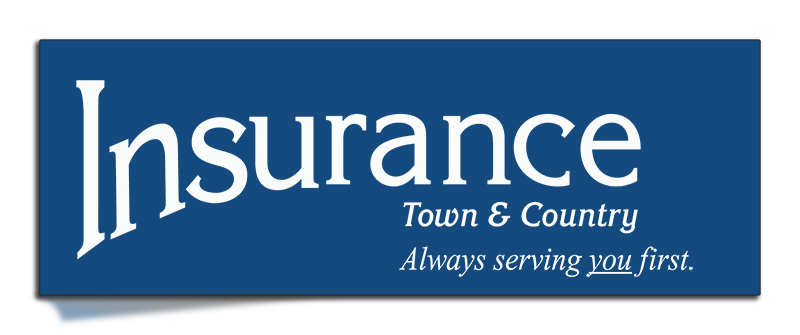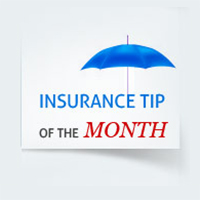Natural disasters are a fact of life. Especially if you live in Colorado, you know that the weather can change in an instant and natural disasters can strike from nowhere, whether they’re due to snow, rain, or wind. If your family gets stuck in a natural disaster, you may ask yourself: how will we get to a safe place? How will we contact each other? How will we get back together? Where will we meet up? What will we do in different disaster situations? If you answer all of these questions beforehand, you’ll be more prepared for any emergency that comes your way.
So how can you prepare your family in case of an emergency or natural disaster? Here are some ideas:
Draw up an escape plan:
Get your family together and draw up a map of your house and an escape route in case of fire or natural disaster. Make sure you note where you will all converge once you exit the house so that everyone is aware of where they should meet. Drawing this plan up as a precaution will help ensure your family doesn’t panic but is prepared in case of an emergency. Don’t forget about your pets!
First aid training:
Train every member of your family on basic first aid procedure so they are all able to assist if an adult is not available or if an accident occurs. You can easily find books on first aid at the library. Take a day out of the week and sit down with your kids to review. First aid knowledge is important and could even save a life!
Put together a disaster supplies kit:
A disaster supplies kit is a collection of basic items you’ll need in case of an emergency. You’ll want to assemble this kit well in advance of an emergency and ensure that the items will last you at least 72 hours. Items you’ll want to pack in your kit include: at least a 3 day supply of food (stick to canned foods, dry mixes, and other staples that don’t require a lot of preparation), water (at least one gallon per person per day), as well as additional items, including a first aid kit, flashlight, extra batteries, a radio, whistle, can opener, map, cell phone with charger, and moist towelettes and garbage bags for personal sanitation.
Don’t forget about important personal documents:
Along with the items mentioned above, don’t forget to pack important personal documents that will be essential to rebuilding your life following a disaster. For convenience, consider storing copies of all your essential documents on a flash drive that you include in your disaster supplies kit. Make sure the drive is password-protected so that no one else can get access to the data. Items you’ll want to save on the drive include wills, trusts, deeds, titles, personal and family records, legal and financial documents, birth certificates, account numbers, copies of licenses, a full home inventory, and pictures of your home and belongings. Don’t forget to also include your passports (if you have them), as well as important insurance documents for life, health, home, and auto insurance. You may also want to consider storing other sentimental items on the drive, including family photos, music, and other personal documents or files.
Prepare a home inventory:
It’s very important to prepare a home inventory that you can take along with you in case your home gets damaged or destroyed in a potential disaster scenario. To prepare your home inventory, go from room to room in your home and list out all relevant items. Don’t forget to include items in your garage, basement and/or attic. Pay particular attention to valuable items such as jewelry, antiques, art, collectibles, and electronics. If you have any questions about which particular items are covered under your insurance policy, contact your insurance agent. Keeping a record of proper documentation will also help facilitate the claims process. This documentation includes receipts, credit card statements, and appraisals. Many of these items can be digitally scanned and added to a flash drive for easy storage.
At Insurance Town & Country, we know how important your stuff is, which is why we have an easy solution for creating your personal home inventory. The FREE “Know Your Stuff” online home inventory software from the Insurance Information Institute is the easiest way to take inventory of all the items you have in your home and offers a secure way to store your information and access it from anywhere, at any time. Click here to visit the site and create your own personalized home inventory!
Familiarize yourself with your area:
Familiarize yourself with the area surrounding your home as well as the natural disasters that are most likely to occur near and around your home. Discuss plans for different types of disasters with your family. Familiarize yourself with the quickest and safest escape routes out of town in case of an emergency, and make sure you have an emergency contact you can reach through text or long distance calling in case local phone lines get overloaded.
Conduct regular practice drills:
Schedule routine practice drills during which everyone meets at the area you’ve previously designated. Schedule drills at random times (middle of the night, for example) to ensure that your family is prepared for any type of scenario. Time how long it takes everyone to get out and meet at the designated area to get a better idea of how you can make the process more efficient.
If your family is prepared for any natural disaster scenario, there will be less panic if something actually happens. If you are prepared, you’ll also have a greater ability to help those around you, including your neighbors and extended community.
If you have additional questions about emergency preparedness or how you can protect your home in case of an emergency or natural disaster, contact an Insurance Town & Country agent today!




